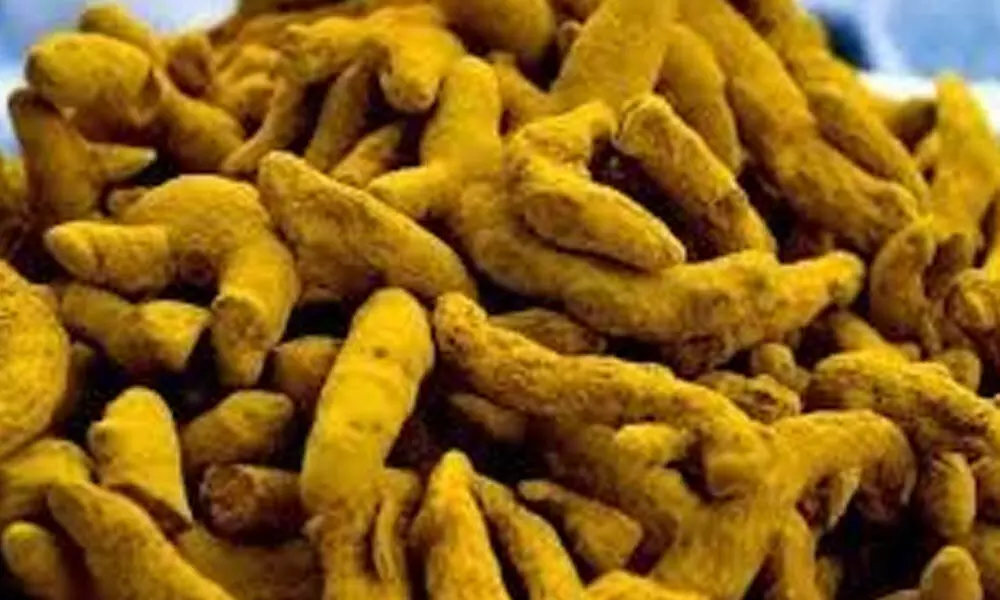Live
- 26/11 prosecutor to Mumbai North Central candidate - Ujjwal Nikam all set for 'new innings' with BJP
- CBI traces shop that sold bullets & cartridges seized from Sandeshkhali
- IPL 2024: Rasikh and Mukesh pick three-fers as Delhi Capitals beat Mumbai Indians by 10 runs
- 27 Indian startups secure over $222 million in funding this week
- Final Olympic qualifiers: India's Maheshwari leads the field heading into final day
- Govt allows export of 99,150 tonnes of onion to 6 countries
- KTR accuses Telangana CM of cheating people in phases
- IPL 2024: Samson elects to field as high-flying Rajasthan Royals take on Lucknow Super Giants
- Manikanta Gautam awarded honorary doctorate
- Shehzad Poonawala calls Arvind Kejriwal 'Pablo Escobar' who runs gang from jail









